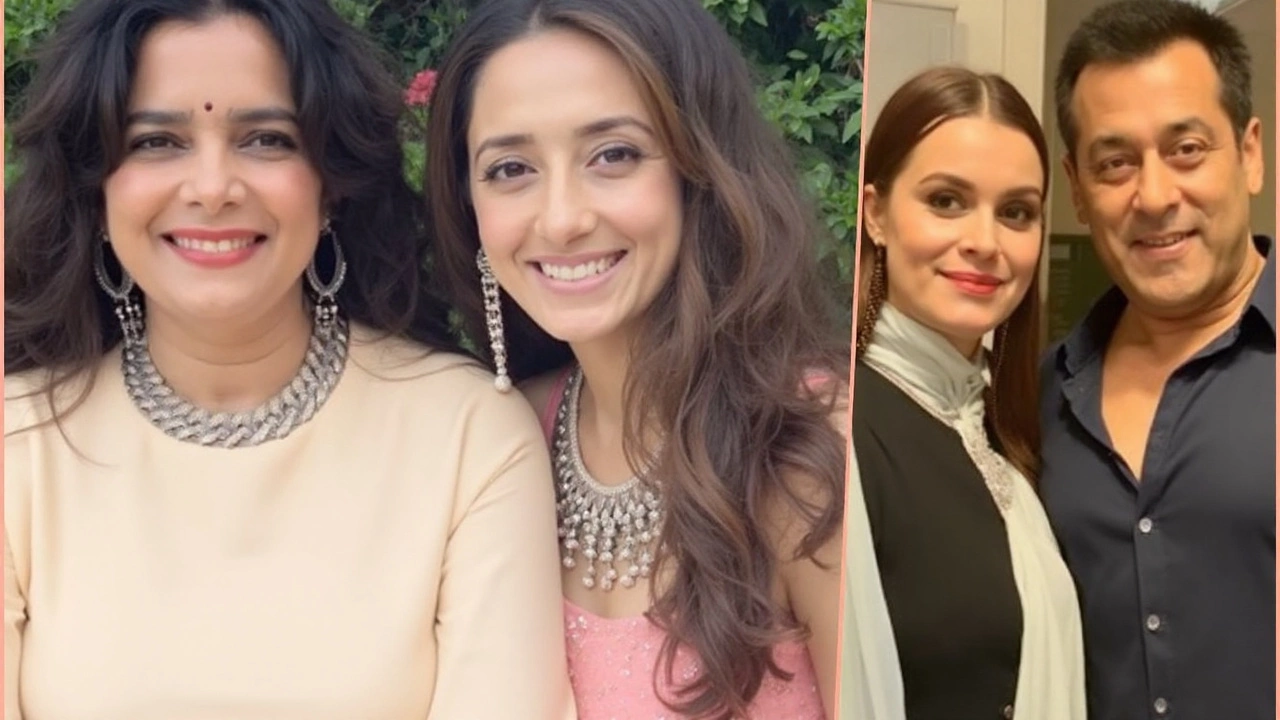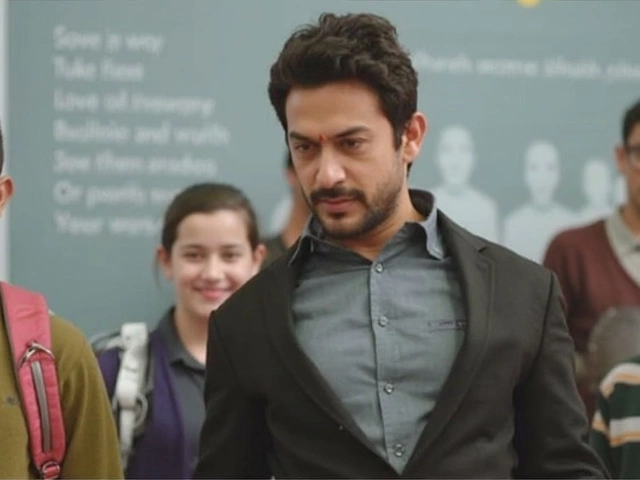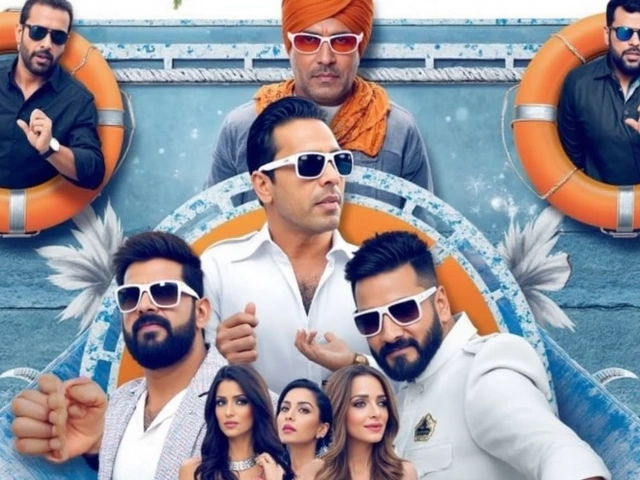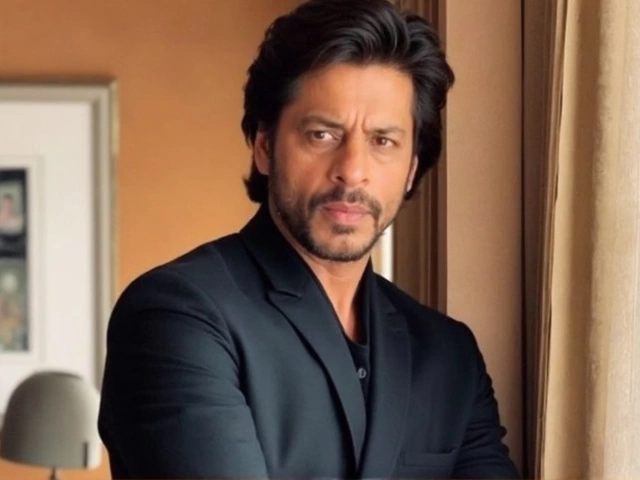Salman Khan and the 15-Minute Race: How Dia Mirza Says He Helped Save Her Mother

A 15-minute window, a late-night panic, and a neighbor who showed up
Fifteen minutes can decide whether a life is saved or lost. In 2015, actor Dia Mirza shared that when her mother suddenly collapsed at home, she reached out to a neighbor—Salman Khan—who lived close by in Bandra. He responded fast, helped get her mother into a car, and they made it to a hospital before that critical window closed.
Doctors told the family the speed made all the difference. When someone loses consciousness, the list of possible causes is long—from a drop in blood pressure to a cardiac event—and every minute before treatment counts. What stood out in Dia’s telling wasn’t the glamour around the names involved; it was the simple chain of decisions that saved precious time: call someone nearby, move quickly, get professional help.
She has repeated the story in interviews over the years. The picture is consistent: a sudden medical emergency, a frantic phone call, and a dash to the hospital that, according to the medical team, arrived just in time. In Mumbai’s unpredictable traffic, proximity matters. On a bad day, you can spend 30 minutes just clearing a junction. On the right day, having help around the corner can halve that.
This wasn’t a publicized charity drive or a photo op. It was a private moment during a family crisis that happened to involve one of Hindi cinema’s biggest stars. For Dia, it became a touchstone—a reminder of who picked up the phone when it really mattered.
Why Dia spoke up—and what the reaction revealed
Dia brought the episode into the public eye in 2015, a rough phase for Salman Khan’s legal battles when emotions online were running high. She posted that he had once helped save her mother’s life. The timing sparked debate, so she added a second message: her note was not about the court proceedings, it was about gratitude for a friend who showed up in an emergency. That clarification didn’t just calm a thread—it framed the story for what it was.
The response was telling. Some read it as character testimony; others saw it as a personal anecdote that shouldn’t influence legal outcomes. Both things can be true. Courtrooms judge evidence. People, however, remember who was there at 2 a.m. when a parent needed help.
There’s also the wider context many in the industry recognize. Salman Khan’s public philanthropy, channelled through the Being Human Foundation since 2007, funds education and healthcare for thousands. But what Dia described was smaller and more intimate—a neighbor helping a neighbor. Off-camera acts like that rarely make the news unless someone chooses to talk about them.
Strip away the fame and the lesson is basic urban survival. In medical emergencies, speed is everything, and sometimes the fastest way to the ER is not the formal route but the one that’s actually moving. Mumbai’s ambulances are lifesavers, but they compete with the same traffic the rest of us do. If a trusted neighbor can reach you faster, you take that option and hand over to doctors without delay.
For families, a simple checklist helps when panic hits:
- Call for medical help immediately and keep emergency numbers saved.
- If a trusted neighbor or friend is closer than an ambulance, alert them in parallel.
- Keep essential documents and basic medical history in one accessible place.
- Note the nearest hospital with a 24x7 emergency department.
- Once at the hospital, hand off to professionals and share details calmly.
Dia’s decision to speak when she did also pulled focus to a recurring tension around celebrity narratives. Audiences tend to collapse the personal and the public: court cases, headlines, charity work, and off-the-record kindnesses. Her point was to separate them. Legal cases move through years of hearings and appeals. Personal debts of gratitude live outside that frame.
What remains, years on, is a story that many in Mumbai relate to: a phone grabbed in panic, a short ride that felt endless, and the relief of a doctor saying you made it just in time. For Dia Mirza, the memory is fixed. For the rest of us, it’s a reminder to know who you can call—and to keep those fifteen minutes on your side.


